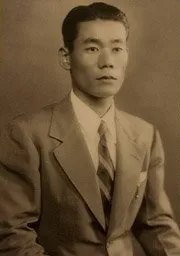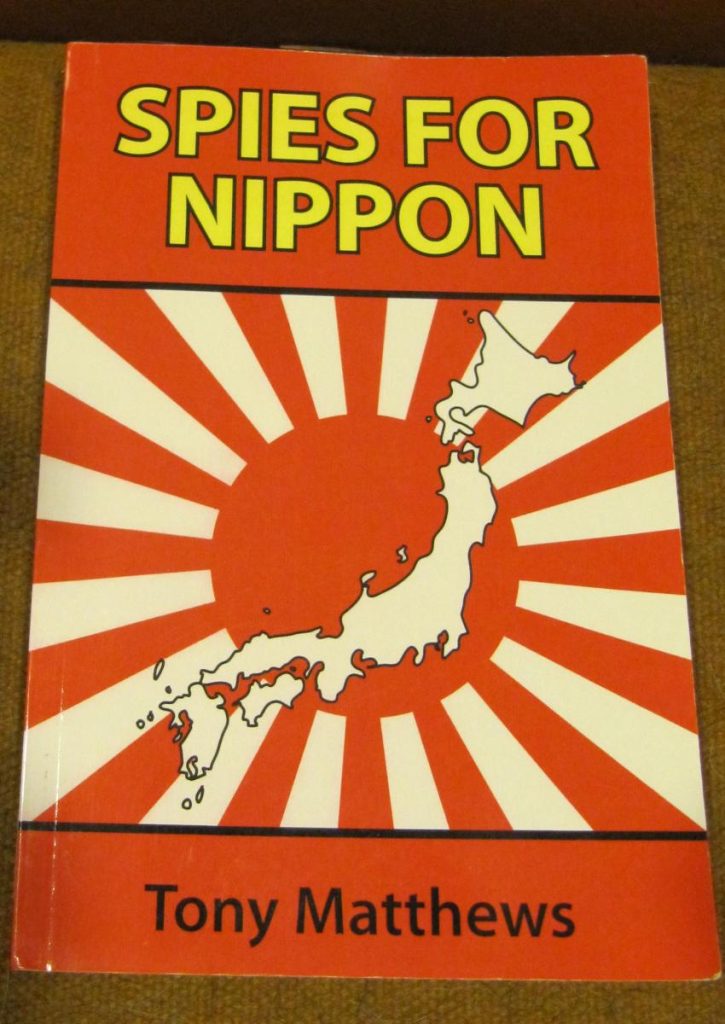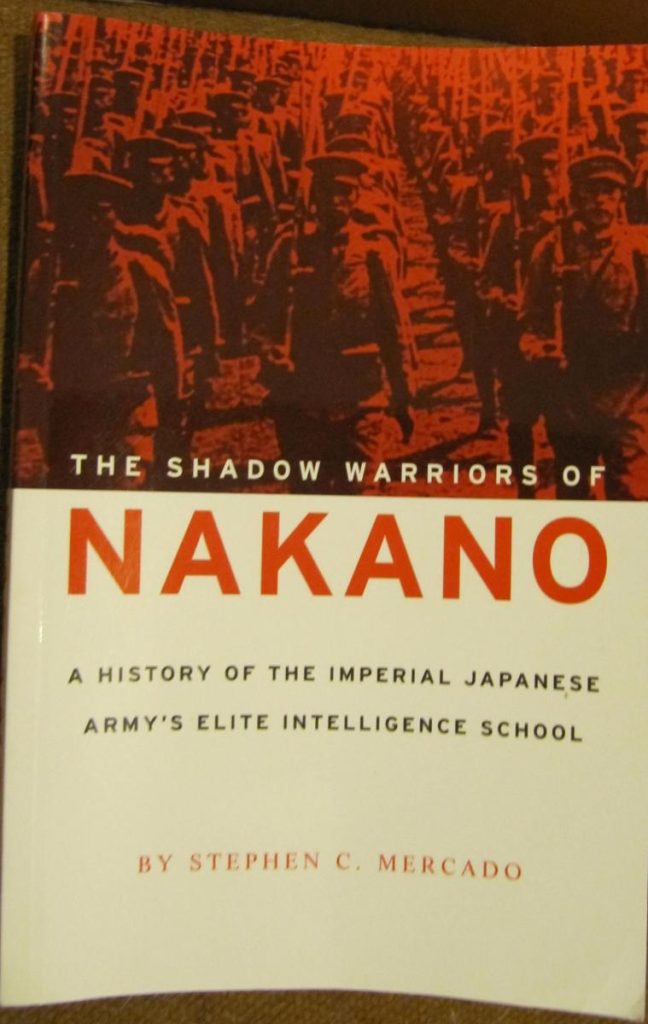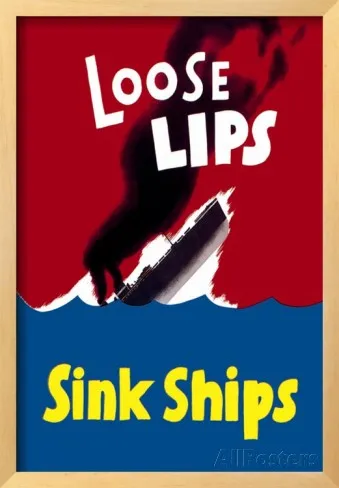On September 20, 1940, Genevieve Grotjan, a former railway annuity statistician and mathematician, broke the Japanese diplomats code which the U.S. would entitle ‘Purple’. This Purple code was essential for the Allied forces, especially at the Battle of Midway and tracking the movements of Admiral Yamamoto enabling the United States Army Air Forces to shoot down his plane.

Espionage used for military purposes is well documented throughout history. The Greeks and Romans built empires with the aid of intelligence gathering. Records also reflect spy tactics and strategies in ancient Chinese and Indian writings. In the 5th century B.C. Sun-Tzu penned his masterpiece, The Art of War, in which he dedicated the final chapter, Chapter 13, to Intelligence and Espionage. The Hebrew story of Rahab tells of spies sent by Joshua to assess the military strength of Jericho, and the ancient Egyptians had perfected a system to gather information to further their empire.
Knowing the strengths and weaknesses of your enemy is vital to your success. Thus, as building tension spread around the globe, so did the need for information. In 1882 both the British Admiralty and the United States formally assigned Naval Intelligence Divisions to accrue information for their expanding needs. This was followed by navies of Italy, Russia, Austria-Hungry, Japan and other international powers.
In 1937 Japan realized its shortage of trained men for covert operations and set into motion the creation of the Nakano School, established in the Nakano Ward of Tokyo. Selecting from the highest qualified intellectuals, these students were encouraged to ask questions of their teachers, they wore suits as opposed to uniforms, and their hair long. By the end of World War II the school had trained over twenty-five hundred spies or shadow warriors. This was in conjunction with over a thousand men who worked at the Noborito Research Institute developing special weapons for the men who would risk their lives to obtain the needed military intelligence.
Of course there were women who also sacrificed, sometimes even their lives, for the sake of learning the enemies secrets. The age old art of spying is a very risky business but essential.


One of the most famous quotes regarding spying during WWII was
‘Loose lips sink ships’.

